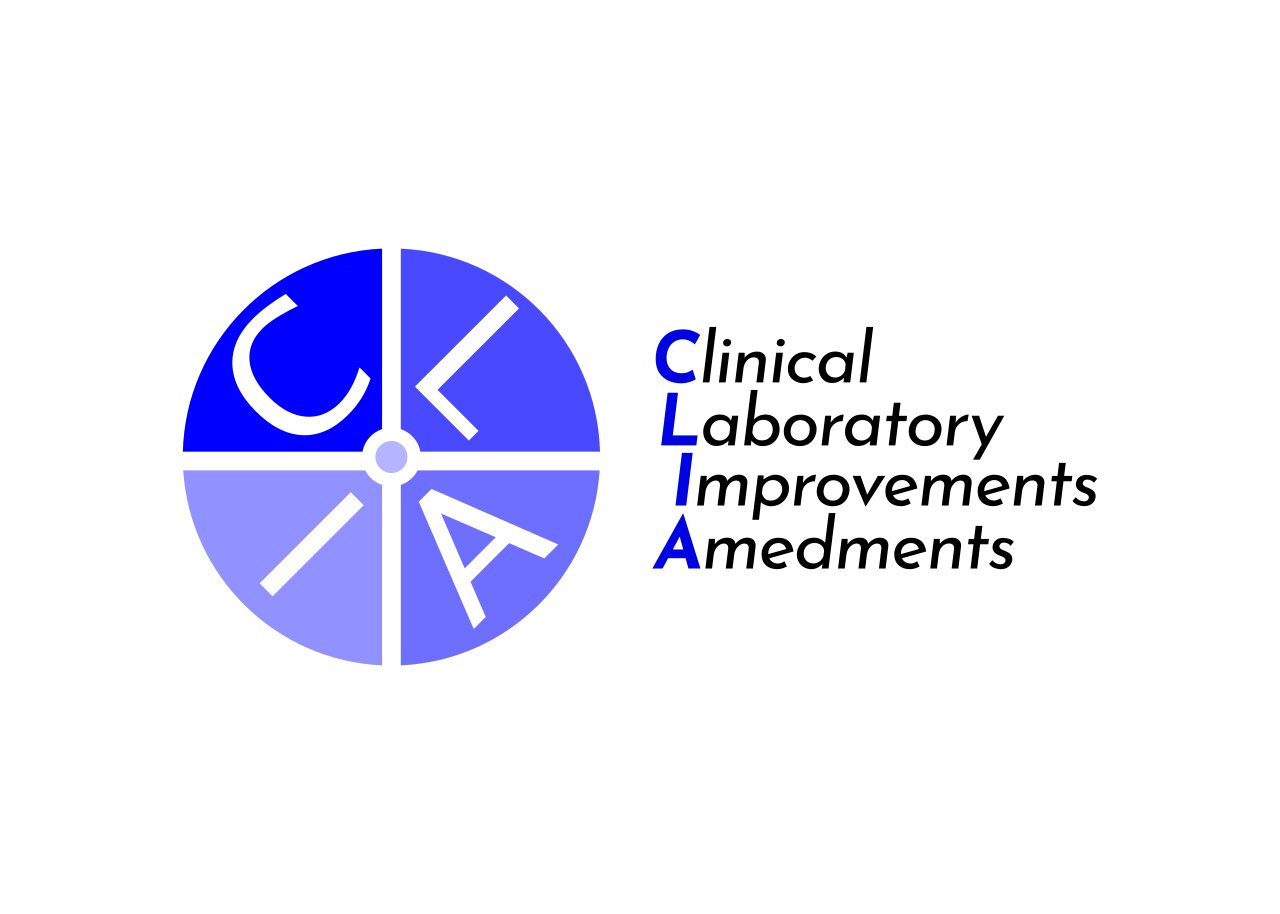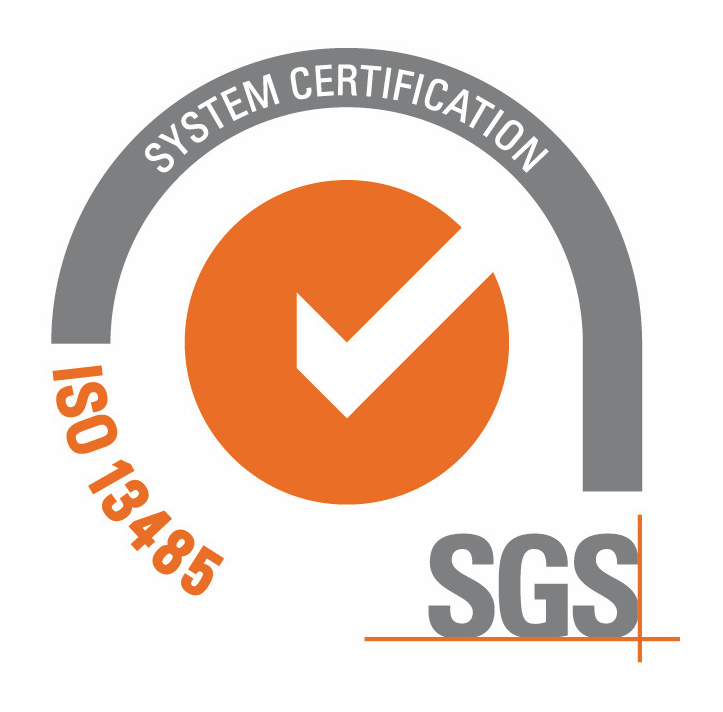Clinical Validation
Robust risk stratification for kidney outcomes in independent, multi-ethnic cohorts1
- The clinical validation study for kidneyintelX.dkd demonstrated an unadjusted HR for high vs low risk at 18-fold and 8-fold, respectively, when adjusted for age, sex, race, eGFR, UACR, A1C and BP.
- Patients who received a high risk result had an estimated event (progressive decline in kidney function) rate of 67% over a 5-year period.
For additional details about our test and its performance, refer to our Product Technical Sheet here.
Incorporates proven & robust prognostic markers that have been extensively clinically validated in dozens of cohorts4
- TNFR-1, TNFR-2, KIM-1
Analytical Validation
Highly robust analytical assays for all three biomarkers1
- Uses highly sensitive and accurate electrochemilluminesence technology.
- All 3 biomarkers measured together from the same sample for increased measurement consistency.
- Tested for robustness for interference from over 40 medications and dietary supplements.
- Demonstrated precision over multiple handling and testing conditions.
Clinical Utility
Risk assessment with the KidneyIntelX testing technology enabled clinicians to act earlier to optimize kidney health, when it can have the greatest impact on patient outcomes1
- Marked increase in SGLT2i and GLP-1 RA use in intermediate and high risk patients in 2500+ patient study at Mount Sinai.
- Increase in ACEi/ARB use.
- Improved patient awareness of diabetes and kidney disease.
- Increase in appropriate specialist referrals.
Improved clinical outcomes
- Diabetes: Lower A1c.
- Heart: Improved BP control.
- Kidney: Lower albuminuria and improvement in eGFR slopes.
Economic Utility
Cost-effectiveness analyses1
- Our KidneyIntelX testing technology was assessed for cost effectiveness in both Medicare and commercial populations.
- The cost per Quality Adjusted Life Year for Medicare beneficiaries is $22,461 and $25,750 for commercially insured patients, both well within accepted cost thresholds in the U.S.
 1
1Budget impact analyses2
- Our KidneyIntelX testing technology risk assessment can yield 5-year cost savings of $1.1 million for every 1,000 patients with T2D and CKD.
 2
2Performance to the
Lab Accreditation



Certifications

Information security management system

Quality management system





